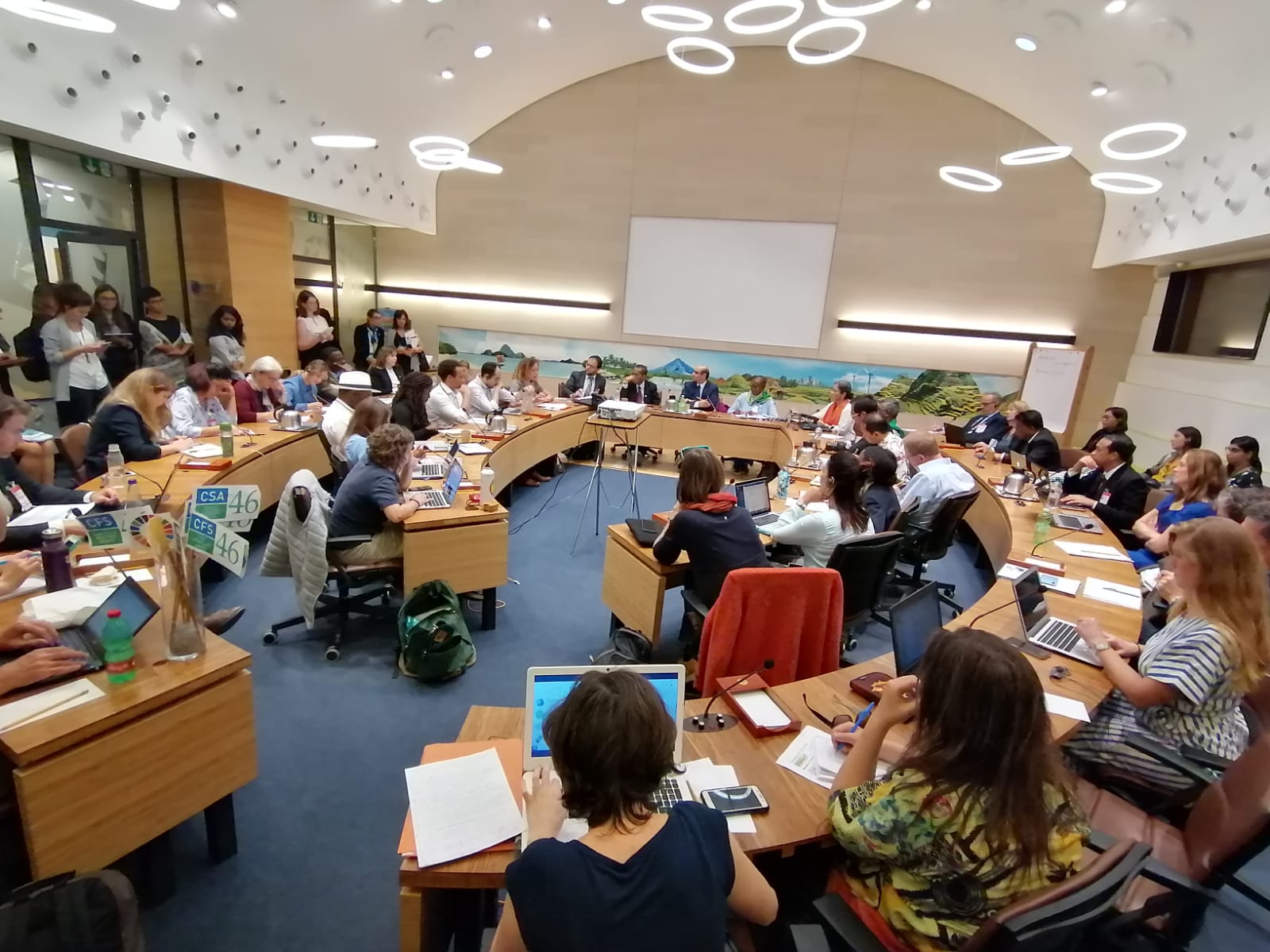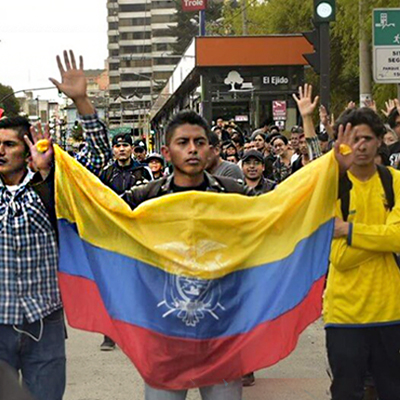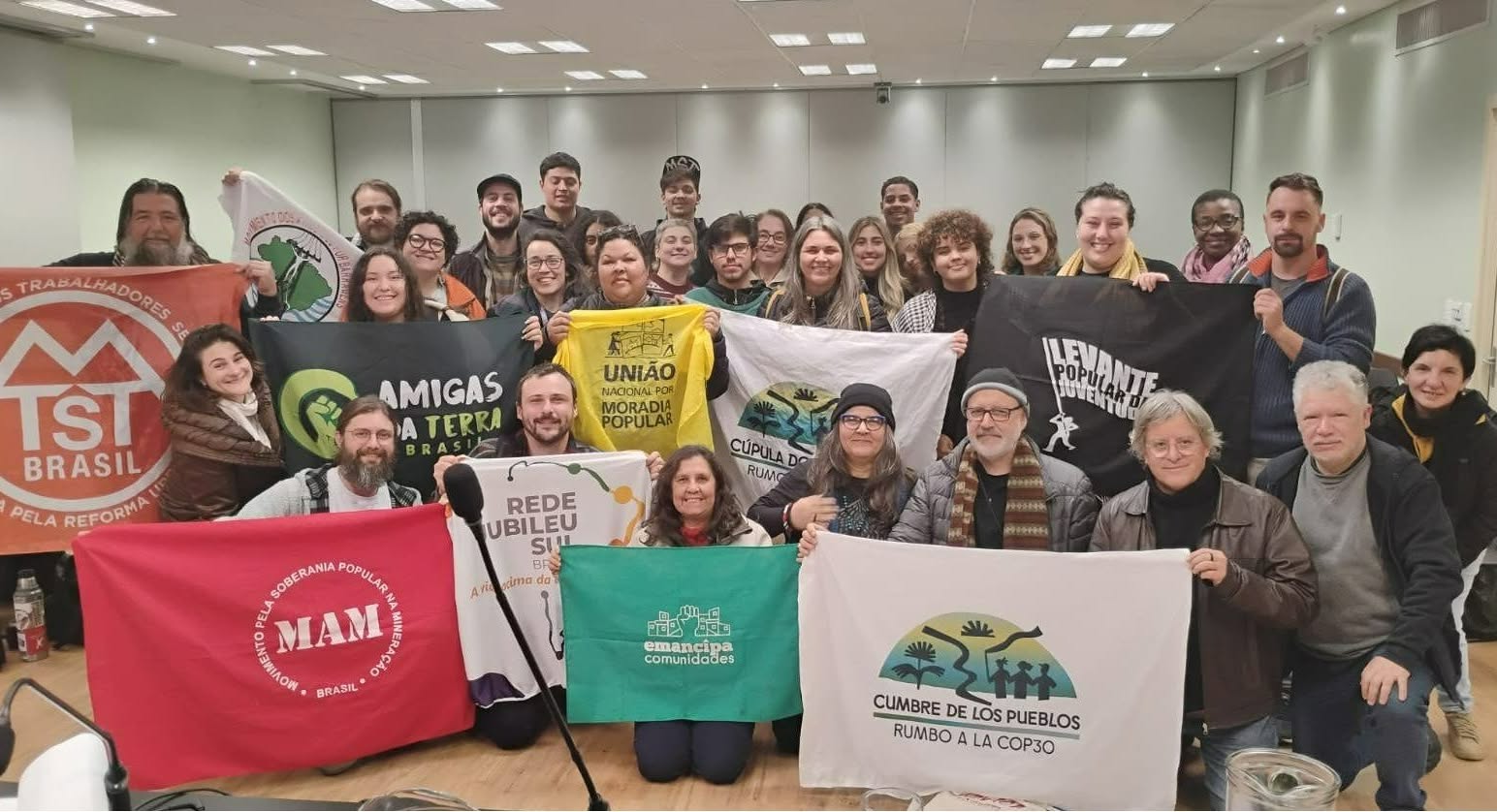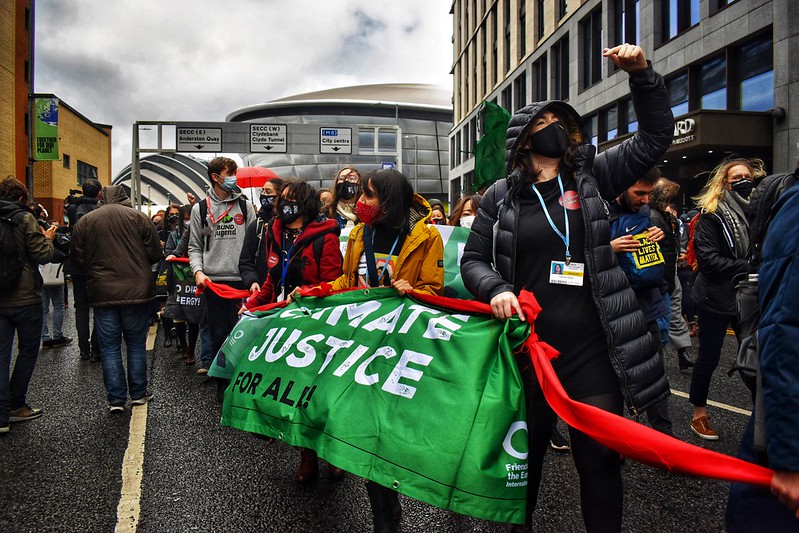Agroecology as the answer
Committee on World Food Security holds 46th Session in Rome with activities held by Civil Society Mechanism
 Vía Campesina
Vía Campesina
The 46th session of the UN Committee on World Food Security began this Monday in Rome, Italy. There, several national governments and different stakeholders will analyze policy recommendations for food security and nutrition, ending on Friday.
Many side events were held in parallel to the official sessions, with civil society being represented by the Civil Society and Indigenous Peoples’ Mechanism (CSM) for relations with the United Nations Committee on World Food Security (CFS). This mechanism was founded at the reform of the CFS in 2010, with the purpose of facilitating civil society participation and articulation into the Committee’s policy processes. Represented within the CSM are smallholder farmers, pastoralists, fisherfolk, indigenous peoples, agricultural and food workers, landless, women, youth, consumers, urban food insecure and NGOs.
In preparation for the official discussions, the CSM held a weekend forum, from 12-13 October. This began on Saturday with a public panel and debate entitled “10 years after the CFS reform – what role for the CFS in the future architecture of global food governance?”, with a keynote address by the FAO’s new Director General, Dr. Qu Dongyu. There was also a session on political reporting and analysis, with collective discussion on the global context of food, farming and nutrition, and in-depth discussions on agroecology and other innovations.
On Sunday, CSM members discussed the zero draft of the CFS Voluntary Guidelines on Food Systems and Nutrition. There was a youth panel, where representatives spoke about the lack of political space for youth, and encouraged the organizations present to make efforts to bring youth to the forefront of their policy discussions and processes.
During the CSM activities, Real World Radio interviewed Sylvia Mallari, Global Co-chairperson of the People’s Coalition of Food Sovereignty (PCFS), a coalition of over 100 organizations, mostly from Africa, Asia and Latin America.
Sylvia said that the role of the civil society mechanism is to bring the civil society voice to the CFS and push governments to address the problems of rising hunger and inequalities with a human rights-based approach. This year, they call for food sovereignty and agroecology to be upheld, and the role of women and youth to be stressed too.
“The important thing is to be able to reach out and facilitate the voices and bring them here [to Rome]. And then, from Rome, just like what they are saying, to ’bring Rome home’.”
She noted, however, that the recommendations and decisions coming out of the Committee on World Food Security are non-binding on governments. Peoples’ movements thus have a crucial role in national spaces, to hold governments to account in upholding and implementing policy guidelines.
“The challenge would be how to bring this back to our countries, our localities, our communities. How to make our constituencies really mobilize themselves and to carry on and act on the messages being talked about here. Because without that, this will be just talk.”
Real World Radio also interviewed Ali Aii Shatou from the Indigenous Peoples of Africa Coordinating Committee (IPACC) in Cameroon. She is part of the indigenous people’s constituency in the civil society mechanism and one of the coordinators of the Working Group on Agroecology.
Ali made reference to the challenges for food systems and nutrition, specifically “corporate-led agricultural systems, which rely heavily on agro-chemicals and have led to degraded soil fertility and degenerated ecosystems. Farming is increasingly expensive for small-scale farmers who are forced to buy fertilizer and pesticides to produce food”.
For Ali, agroecology is the solution to these global problems:
“We are proposing agroecology as the alternative, as the best food production system. We think that with agroecology the ecosystem will be regenerated, the biodiversity will be maintained and the quality of food produced will be nutritious”, Ali Aii Shatou from the Indigenous Peoples of Africa Coordinating Committee (IPACC) in Cameroon.
Ali hoped that the policy process on agroecology would move smoothly, so that strong Voluntary Guidelines can then be developed by the Committee next year. She stated that it is especially important that such policy guidelines be implemented by governments, to have a real impact on civil society, indigenous peoples and smallholder farmers.
“Once we design policy and we don’t implement it, it does not make the difference. We need to make the difference by trying to follow up and monitor to see if these guidelines on agroecology are being implemented at national level”, she concluded.






